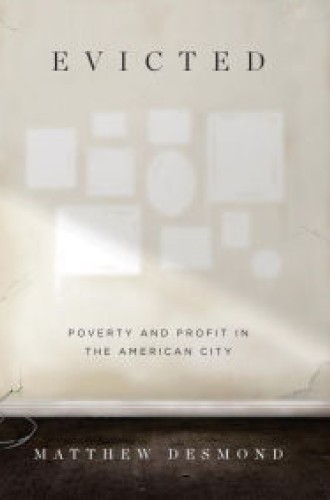Precarious housing
Around the corner from the after-school program in our neighborhood, Elrico gets off the bus at his grandma’s house. When he joined the program two years ago, he lived with his mom and sister, just across from grandma on Onslow Street. But they lost that place, so now he gets off at the same spot, does his homework at grandma’s, walks around the corner to the after-school program, and hops in the car with mom when she gets off work. When everything works right, Elrico has a pretty stable life here in Walltown. In the language of the local Baptist church, we call him “blessed.”
But the relative stability that makes Elrico a thriving young member of our community is counted as a blessing precisely because everyone here knows how precarious it is. Let the school find out that he has moved; let the car break down; let mom’s schedule change at work—and everything falls apart. Because even for the blessed in a place like Walltown, a stable home is not a given. As Harvard sociologist Matthew Desmond argues in his penetrating new book, “we have failed to appreciate how deeply housing is implicated in the creation of poverty. Not everyone living in a distressed neighborhood is associated with gang members, parole officers, employers, social workers or pastors. But nearly all of them have a landlord.” Even the blessed.
Desmond knows this reality because he knows Arelene and Vanetta, Scott and Jori—not their real names, but real people he came to know while living in a trailer park and a rooming house in Milwaukee at the nadir of America’s Great Recession.






